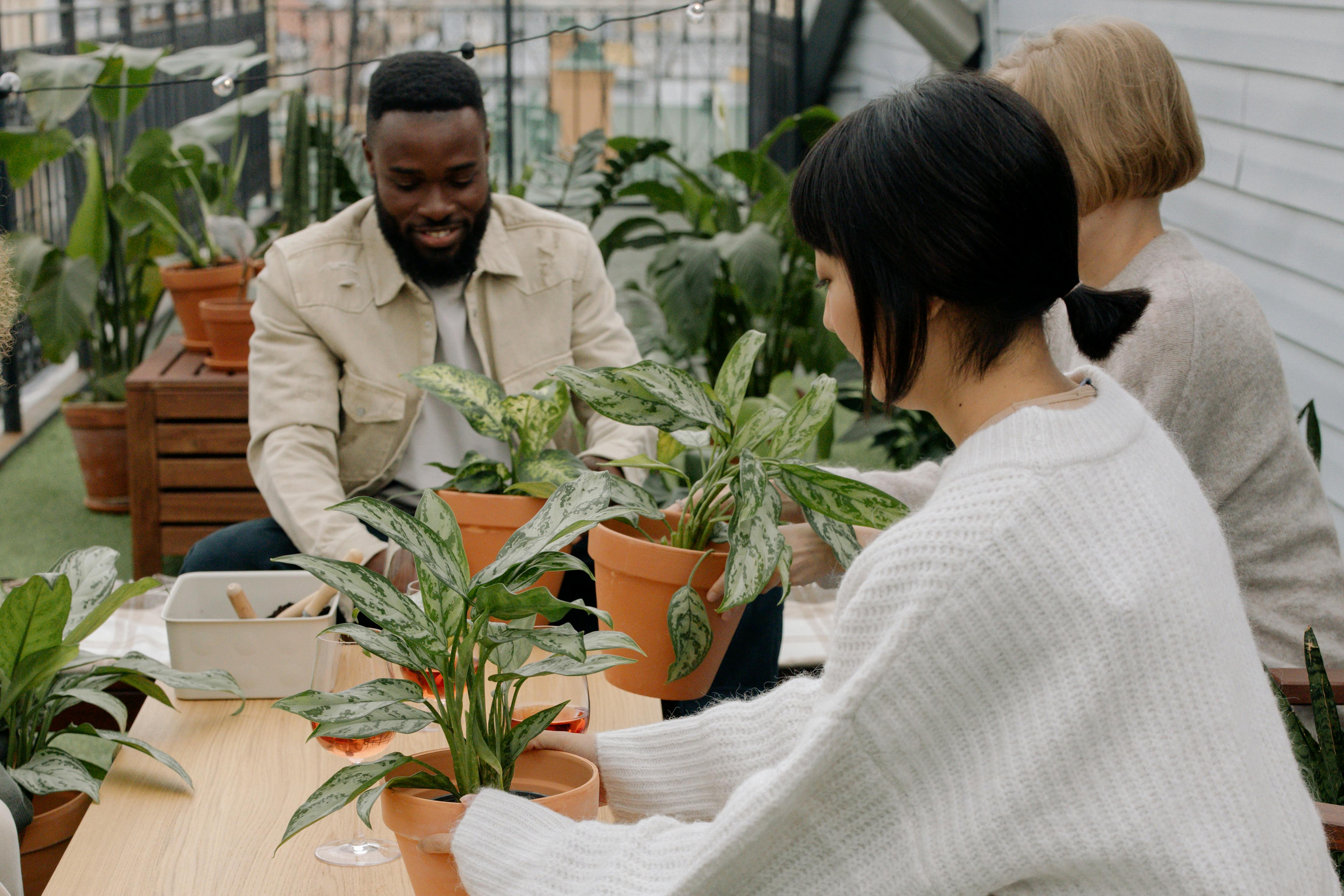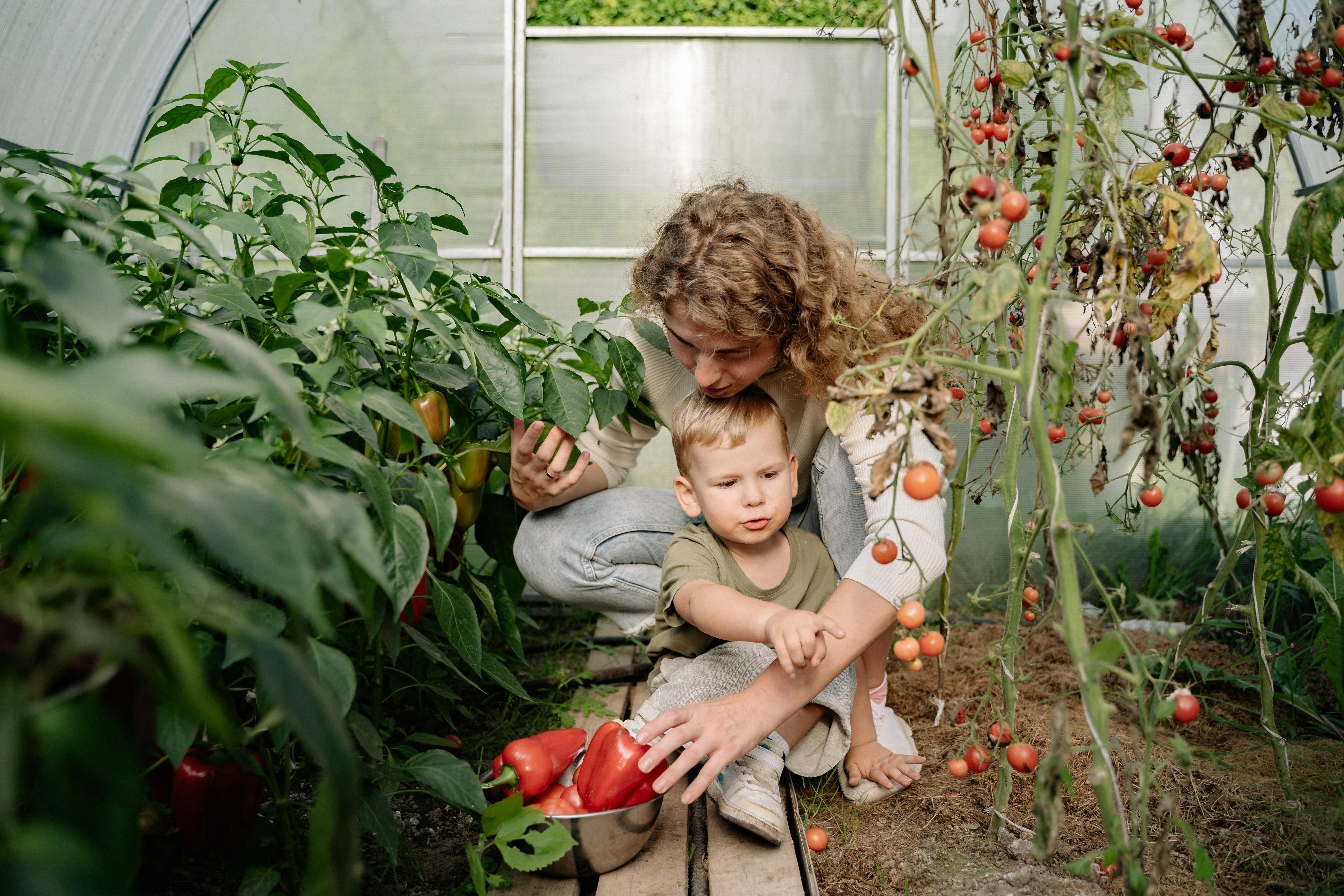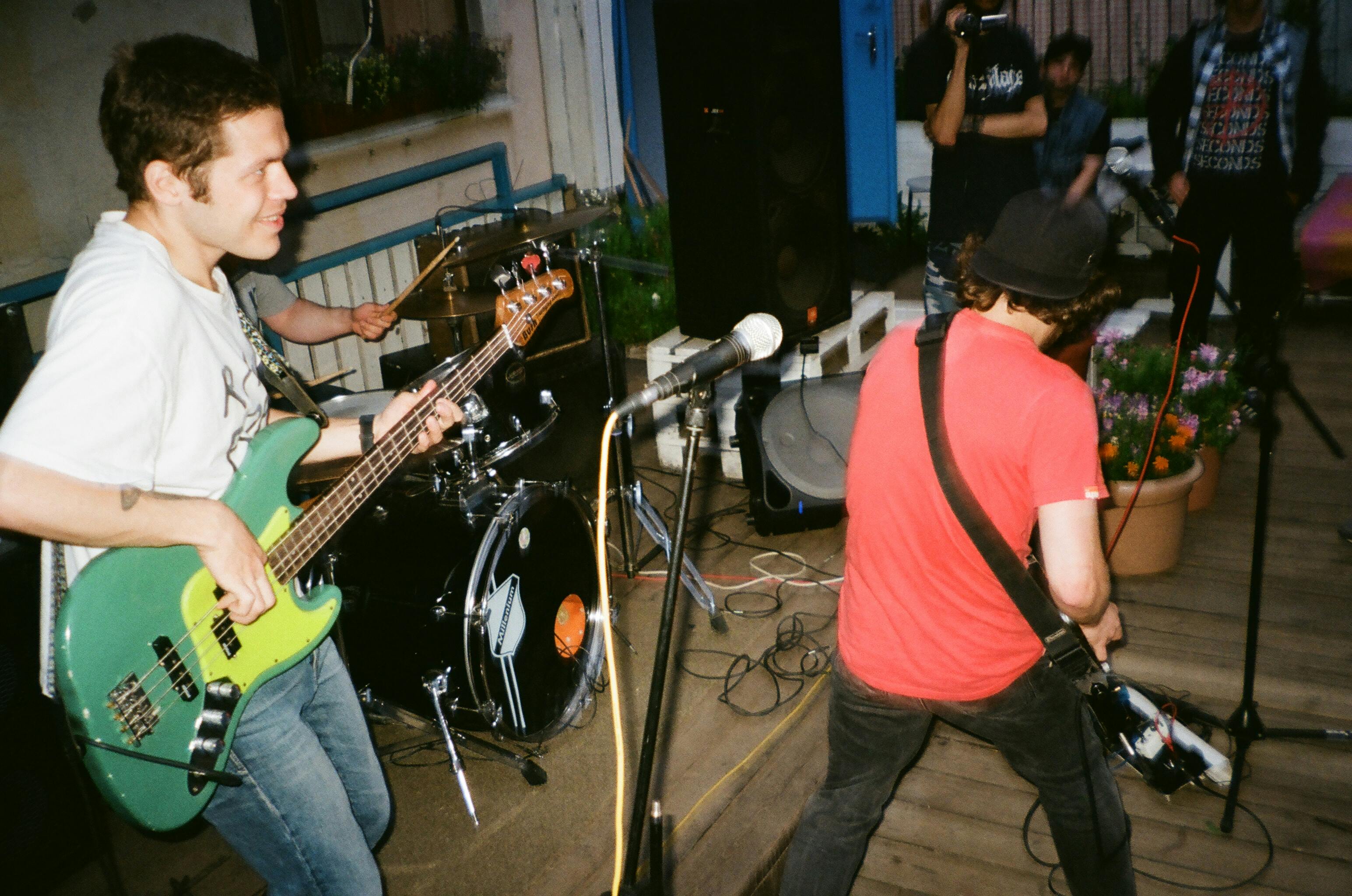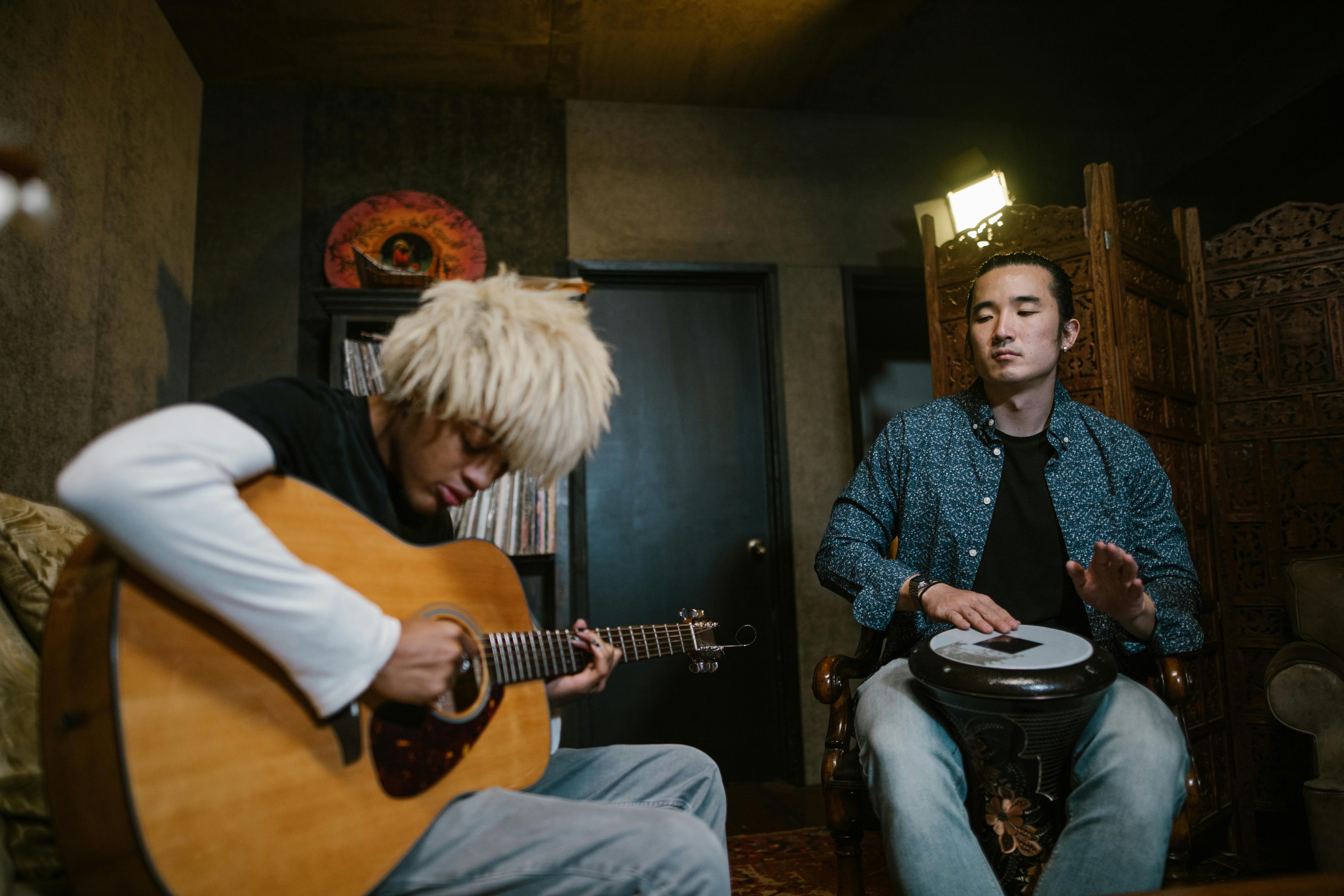
How to start your own Local Band in australia in 2025
Start your own local band in Australia in 2025! Get expert tips on gear, band setup, rehearsals, agreements, and booking gigs to kick-start your music journey.
Starting your own Local Band in Australia in 2025 isn’t just a dream—it’s an achievable adventure for anyone with a passion for music and a desire to connect with local musicians. Whether you’re looking to create a dynamic new sound, collaborate with like-minded players, or get your music out to an eager audience, this comprehensive guide will take you through every step of the journey. Drawing on expert-backed advice and tried-and-true methods from seasoned musicians, we’ll explore everything from choosing the right gear to booking gigs, and from crafting a unique band identity to establishing effective band agreements.
Throughout this article, we’ll help you learn how to start your own Local Band by delving into crucial topics such as equipment selection, collaborative strategies, rehearsal tips, and the business side of being in a local band. So, grab your instrument, rally your mates, and let’s embark on the journey to start your own Local Band that not only rocks the local scene but also builds a thriving community of local musicians.
Understanding the Local Band Landscape in Australia
Australia’s vibrant music scene is full of energy, creativity, and an unmistakable sense of community. From bustling city venues to intimate suburban pubs, local bands are the lifeblood of Australia’s musical culture. For anyone looking to start your own Local Band, it’s important to understand the landscape you’re entering. Local venues may vary in size and style, and local musicians bring a diversity of influences—from rock and indie to pop and country. The key is to find your niche and create a sound that resonates with the audience in your area.
In Australia, connecting with other local musicians is easier than ever with modern technology and community platforms. Online resources like the Australian Music Centre offer a wealth of information for emerging artists, while platforms for intimate musical gatherings provide a space to exchange ideas and inspire one another.
Local Band Essentials
Rely on Your Music and Instrumentation
When you decide to start your own Local Band, the foundation must be solid music. No amount of flashy stage antics or elaborate lighting can cover up weak songwriting. Your music has to speak for itself. It’s essential to invest time in refining your songs and ensuring that every member of the band contributes to a sound that is authentic and compelling.
An important aspect to consider is the quality of your instruments. For guitars, this means choosing quality pickups and amps that can deliver a rich tone even in small local venues. Bass players should not neglect the importance of a quality amp and compressor to ensure that the low end is powerful and clear. Drummers need to maintain tight drum heads and invest in quality cymbals, while vocalists should experiment with different microphones until they find one that best captures their unique voice. The right equipment not only elevates your performance but also shows that you’re serious about your craft.
Equipment Tips for Guitars, Bass, Drums, and Vocals
- Guitars: Focus on pickups and amps that suit your genre. Bring your own amp if you’re unsure about the venue’s house system.
- Bass: Use a robust amplifier with a compressor to maintain consistent tone, ensuring that your bass cuts through the mix.
- Drums: Invest in quality drum heads and cymbals. The balance of drum volumes and matching shell sizes can dramatically improve your overall sound.
- Vocals: Experiment with different microphones—preferably with super cardioid or hyper cardioid patterns—to find the one that best projects your voice and minimizes unwanted background noise.
By honing these technical details, you set a strong foundation when you start your own Local Band. Remember, the focus should always be on letting the music shine through, regardless of the size of your audience.
Collaborating with Local Musicians
Choosing the Right Bandmates
A key part of successfully starting your own Local Band is finding the right collaborators. In Australia’s tight-knit music community, local musicians often share similar challenges and aspirations. Look for bandmates who not only bring talent but also share your passion and commitment. When selecting members, think about each person’s skill set, personality, and musical influences. You want individuals who are reliable, creative, and willing to work together to build something unique.
When you start your own Local Band, consider posting flyers in local cafes and music shops, engaging in online forums, or even using social media channels to spread the word. Word of mouth among local musicians is a powerful tool, and once you find a few enthusiastic players, you can begin brainstorming your band’s direction.
Setting Roles and Expectations
Before you fully commit to a project, it’s crucial to have a frank discussion about what each band member envisions for the band. Are you planning on being a classic rock outfit, an indie collective, or something entirely different? Clarify the roles each member will play—whether that involves songwriting, performing, handling finances, or managing social media. Establishing clear roles early on helps avoid future conflicts and ensures that everyone is on the same page.
Creating a band agreement, even if it’s an informal discussion, is an essential step when you start your own Local Band. Lay out the expectations regarding time commitments, responsibilities, and ownership of the music. A well-drafted agreement can serve as a roadmap for your band’s success and longevity.
Developing Your Unique Sound and Brand
Discovering Your Unique Groove
Once your bandmates are on board, it’s time to find your unique sound. This process involves experimenting with different musical influences, sharing favourite tracks, and jamming together until a distinctive style emerges. Embrace the diversity of your influences; whether it’s rock, indie, pop, or a blend of genres, your goal should be to craft a sound that is recognisable and memorable.
Experimentation is key. Your early rehearsals might involve playing covers and original compositions alike until you discover what truly defines your band’s identity. Remember, many successful bands evolved their sound over time. What matters is that when you start your own Local Band, your music reflects the collective passion and creativity of its members.
Crafting a Memorable Band Identity
A compelling band name and a distinctive visual identity are just as important as your music. A catchy band name should be easy to remember, reflect your musical style, and ideally be unique enough to stand out in online searches. Once you’ve settled on a name, consider developing a signature look for your band. Consistency in your branding—be it through matching outfits, coordinated logos, or a specific stage setup—can help you build a strong presence in the local music scene.
Electronic Press Kits and Online Presence
In today’s digital age, recording a demo and creating an Electronic Press Kit (EPK) are non-negotiable steps when you start your own Local Band. An EPK is essentially a digital resume that includes your music, professional photos, videos of live performances, and a biography. This package is essential when reaching out to promoters, venues, or even local music blogs. Social media platforms like Instagram, TikTok, and Facebook are invaluable for spreading the word about your band’s latest releases and gigs.
Practising and Preparing for Gigs
Effective Rehearsal Strategies
Consistency in rehearsal is vital for any local band aspiring to stand out. Develop a rehearsal schedule that works for all members and stick to it religiously. During rehearsals, focus on refining your songs, synchronising your timing, and experimenting with new arrangements. Using a metronome can be incredibly helpful to keep your practice sessions on track. When you start your own Local Band, every session is an opportunity to tighten your sound and build chemistry among local musicians.
Planning and Setting an Agenda
Consider setting an agenda for each rehearsal—perhaps spending the first half of the session working on new material and the latter half running through your setlist. This structure not only improves efficiency but also ensures that every band member has a clear understanding of the day’s goals.
Stage Presence and Audience Engagement
Once your rehearsals start paying off, the next step is preparing for live gigs. A well-rehearsed band can easily translate that confidence onto the stage. Punctuality, a well-planned sound check, and clear communication among band members are essential for a smooth performance. Before every gig, ensure that your gear is set up quickly and efficiently; this minimizes downtime and shows that you’re professional and respectful of everyone’s time.
Keep in mind that while it’s important to have meaningful conversations through your music, the focus at live shows should always be on creating a vibrant atmosphere. Engage with your audience, but let your songs do the talking. When you start your own Local Band, remember that authenticity and high energy on stage are key ingredients for winning over local fans.
Recording Demos and Creating an Electronic Press Kit
The Importance of a High-Quality Demo
Recording and releasing a demo is a crucial step when you start your own Local Band. Your demo doesn’t have to be a polished studio album, but it should capture the essence of your sound and musical direction. With affordable home recording setups and budget-friendly studio options, you can produce a quality demo that reflects your band’s potential. Once recorded, make your demo available on streaming platforms like Apple Music and Spotify to reach a broader audience.
Assembling Your Electronic Press Kit
An Electronic Press Kit (EPK) serves as your band’s calling card. It should include links to your demo, professional photos, and a detailed band biography outlining your journey and influences. Promoters and venue managers often rely on an EPK to gauge whether your band is a good fit for their events. By investing time in creating a robust EPK, you set the stage for more frequent bookings and higher exposure as a local band.
Booking Gigs and Getting Recognised
Casual Gigs, Busking, and Networking
For many emerging bands, the journey begins with casual gigs and busking. These initial performances, often held at local cafes, bars, or even outdoor markets, are invaluable for gaining real-world experience. When you start your own Local Band, aim to book gigs that help you build confidence and refine your live performance. Don’t be discouraged if the audience is small at first; every performance is a stepping stone toward larger opportunities.
Networking is another critical component. In the competitive world of live music, building relationships with venue owners, promoters, and fellow local musicians can open many doors. Attend local gigs, introduce yourself, and share your passion for music. Often, these personal connections lead to recommendations and future performance opportunities.
Spreading the Word and Building an Online Presence
Creating social media profiles dedicated to your band is essential in today’s digital age. Platforms like Instagram, TikTok, and Facebook are excellent for promoting your music, sharing behind-the-scenes moments, and announcing upcoming gigs. Ask friends, family, and other local musicians to share your content. A consistent online presence not only builds a fan base but also establishes credibility for your band.
Consider developing a band website where you can integrate your Electronic Press Kit, upcoming gig dates, and links to your music. This comprehensive online presence makes it easier for local promoters and music bloggers to find and share your work.
Band Agreements and Managing the Business Side
Establishing Clear Roles and Responsibilities
While the creative process is at the heart of starting your own Local Band, the business side of things is equally important. It’s vital to establish a band agreement that outlines each member’s responsibilities—be it songwriting, booking gigs, handling finances, or managing social media. Having these conversations early on can prevent misunderstandings and ensure a smooth collaboration down the line.
For instance, if one member is naturally inclined towards organising and scheduling, they might take on the role of booking gigs or liaising with promoters. Another might have a flair for design and handle your band’s visual identity and online presence. By clearly defining roles and expectations, your band can function like a well-oiled machine and make the most of every opportunity that comes your way when you start your own Local Band.
Managing Finances and Ownership
In addition to assigning roles, it’s important to discuss financial matters openly. Determine how revenue from gigs, merchandise, and streaming will be divided. This transparency fosters trust among band members and sets the stage for a sustainable career as a local band. Remember that while passion drives your music, practical considerations such as budgeting for equipment, recording costs, and promotional expenses are all essential elements of your band’s success.
Additional Tips for Australian Local Musicians
Embracing the Community and Connecting Through Gatherings
Australian local musicians are known for their strong sense of community and camaraderie. As you start your own Local Band, consider tapping into local resources and platforms that encourage small, meaningful gatherings and activities. For instance, if you’re seeking additional creative inspiration or want to connect with fellow music enthusiasts, platforms like Bunchups can be incredibly useful. Bunchups facilitates intimate gatherings and activities based on shared interests—offering a relaxed environment where you can meet new people, discuss music, or even find performance partners without the overwhelming crowds.
Experimenting with New Ideas and Staying True to Your Roots
While it’s important to be open to evolution, remember that the authenticity of your sound is what will ultimately resonate with your audience. Some of the most iconic bands began by sticking to the basics of strong songwriting, precise instrumentation, and a genuine connection with their local audience. Whether you’re experimenting with new genres, recording a demo, or simply jamming in a rehearsal space, let your passion for music guide your decisions. It’s this authenticity that will make your efforts to start your own Local Band truly stand out in Australia’s dynamic music scene.
Embracing the Journey Ahead
The Long Road to Success
Starting your own Local Band is a journey that requires patience, dedication, and a willingness to learn. From the early days of rehearsals and casual gigs to the eventual development of a polished sound and professional bookings, every step is an opportunity for growth. Remember that every great band started small—practising in garages, playing impromptu gigs, and slowly building a loyal following among local musicians and music lovers alike.
The process involves not only creating music but also navigating the challenges of collaboration, managing practicalities like scheduling and equipment, and promoting your work in an ever-competitive market. However, every challenge you overcome adds to the story of your band’s evolution, making the eventual successes all the more rewarding.
Staying Motivated and Enjoying the Ride
As you work to start your own Local Band, keep in mind that setbacks are part of the journey. Not every rehearsal will be perfect, and not every gig will be a hit. Yet, the resilience you build by facing these challenges will eventually lead to growth—both as musicians and as a band. Celebrate the small victories, whether it’s nailing a tough section of a song or finally booking a gig at a popular local venue.
Keep the energy high, stay focused on your shared goals, and most importantly, enjoy the process. Music is as much about the relationships you build as it is about the sound you create. By fostering a supportive and collaborative environment, you set the stage for long-term success as a local band.
Conclusion
Starting your own Local Band in Australia in 2025 is an exhilarating, challenging, and ultimately rewarding endeavour. From selecting the right gear and honing your sound to finding reliable collaborators and booking gigs, every step plays a crucial role in your band’s journey. Remember to focus on creating authentic music, maintain open communication with your bandmates, and always strive for excellence—whether you’re rehearsing in a studio or performing live for a small crowd of local music lovers.
By following the advice shared in this guide, you’re well on your way to making your mark in Australia’s vibrant music scene. Whether you’re a seasoned musician or a newcomer ready to explore the world of local bands, the journey to start your own Local Band is one filled with passion, creativity, and the promise of unforgettable moments. Embrace the challenges, learn from every experience, and keep your eyes on the goal: to create music that resonates and builds a community of local musicians who share your vision.
Now is the time to grab your instrument, rally your mates, and start your own Local Band. Let the journey begin, and remember that every great band once started with just a spark of inspiration and a group of dedicated individuals ready to make a difference.
Whether you’re booking gigs through casual busking, promoting your work online, or simply jamming with local musicians at small gatherings and activities, the road ahead is filled with endless possibilities. Keep experimenting, stay true to your sound, and most importantly—have fun along the way!
Happy playing, and welcome to the exciting world of local band life in Australia.















.jpg)













.jpg)










































